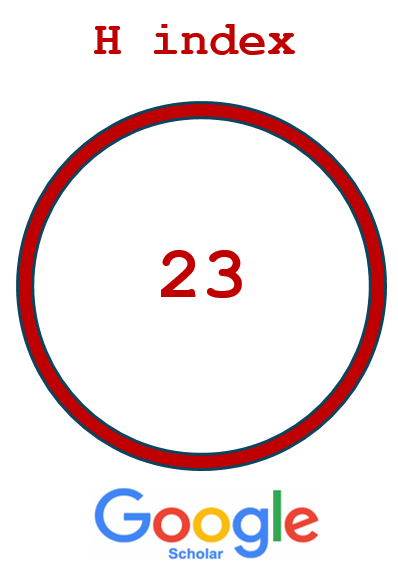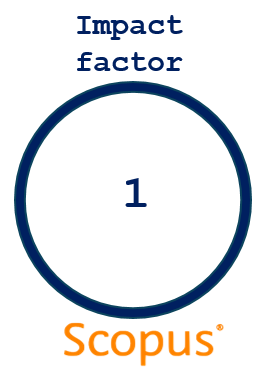ACTA Pharmaceutica Sciencia
2021 , Vol 59 , Num 4
Flavonoids from Plant Source as Protein Tyrosine Phosphatase 1B Inhibitors: In Silico Update
1 Department of Pharmaceutical Chemistry and Pharmacognosy, Faculty of Pharmacy, Al Azhar University-Gaza, Gaza Strip, Palestine. https://orcid.org/0000-0001-5988-9 50592 Department of Biological Sciences, University of Jordan, Amman, Jordan
3 Hamdi Mango Center for Scientific Research, The University of Jordan, Amman
4 Department of Pharmaceutical Sciences, Faculty of Pharmacy, The University of Jordan
5 Department of Basic Medical Sciences, College of Medicine, University of Sharjah, Sharjah 27272, UAE
DOI : 10.23893/1307-2080.APS.05939 Viewed : 18312 - Downloaded : 4410 Protein Tyrosine Phosphatase 1B (PTP1B) enzyme, type 1 non-transmembrane protein tyrosine phosphatase, is extensively expressed in different organs in the body and is linked to different signal transduction pathways including insulin signaling pathway. PTP1B inhibition exhibits significant effects on glucose homeostasis and glucose balance in blood and tissue. Several types of synthetic/natural compounds have been tested. Among these compounds, flavonoids showed high potency as PTP1B inhibitors. Different studies revealed that flavonoids could be promising PTP1B inhibitors with antidiabetic and weight loss effects. In recent years, the discovery of new flavonoids with PTP1B inhibition activity has been facilitated by the application of molecular modeling and computational methods. This review highlights the research efforts conducted in the discovery of flavonoids as PTP1B inhibitors and the role of computer-aided drug design techniques utilized in the discovery process. Keywords : PTP1B, flavonoids, inhibitory activity, In Silico, diabetes mellitus





